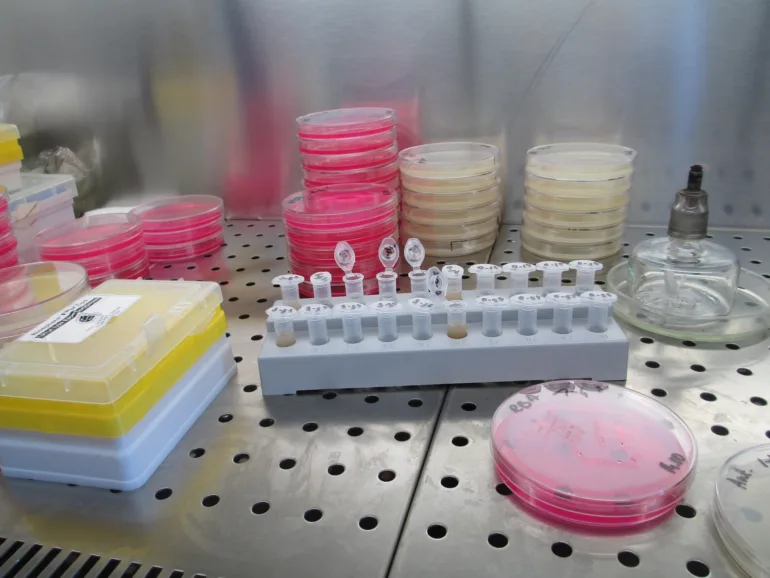TL;DR:
- Cancer is a major concern, with a high death rate and many new cases each day.
- Artificial Intelligence (AI) is being explored as a solution for the early detection and prediction of cancer.
- AI has the potential to revolutionize cancer detection and treatment, detecting cancer before it develops and calculating cancer stages not detected by traditional methods.
- AI can also assist physicians in planning treatment and avoiding dangerous treatments with high side effects.
- The implementation of AI in the medical field holds great potential in the fight against cancer, improving the accuracy of diagnoses and reducing the number of false positives and negatives.
- The use of AI in the medical field is expected to continue to advance and provide more effective solutions in the fight against cancer.
Main AI News:
The cancer epidemic continues to be a major concern for society, causing a devastating toll on human lives each year. In 2022, the cancer death rate was a worrying 21%, with a minimum of 34 new cases being diagnosed per hour. This disease has the ability to evade detection until it has reached its advanced stages, at which point cure becomes increasingly difficult, and the chances of losing a life increase dramatically.
However, there is hope in the fight against cancer, as advancements in the medical field are providing new solutions to this persistent problem. Researchers have been exploring the potential of Artificial Intelligence (AI) to predict and detect cancer in its early stages, and the results have been nothing short of encouraging.
Despite the availability of high-tech tools such as CT scans, MRIs, and endoscopies, physicians often struggle to detect cancers such as lung, ovarian, and breast cancer, with the majority being detected in the fourth stage, at which point treatment may be too late.
The use of AI in the medical field has the potential to revolutionize cancer detection and treatment. AI has the ability to detect cancer spots before they develop and calculate cancer stages that may not be detected through traditional methods such as CT and MRI scans. This early detection can greatly improve the chances of successful treatment, reducing the cancer death rate significantly.
Additionally, AI can assist physicians in planning treatment based on its predictions and reports on the stages of cancer. This can help patients avoid dangerous treatments such as chemotherapy and radiotherapy, which come with high side effects. By incorporating AI in the medical field, physicians will have access to an advanced tool that can provide crucial information on the progression of cancer, enabling them to make informed decisions about the best course of treatment for each individual patient.
Moreover, AI has the potential to improve the accuracy of cancer diagnoses, reducing the number of false positives and false negatives. This not only saves lives by detecting cancer earlier but also prevents patients from undergoing unnecessary treatments and procedures.
Conlcusion:
The implementation of AI in the medical field holds immense potential in the fight against cancer. By using AI to detect cancer in its early stages, physicians will have a better chance of successfully treating the disease, reducing the cancer death rate, and improving the lives of countless individuals. As technology continues to advance, we can only hope that the use of AI in the medical field will continue to evolve and improve, providing even more effective solutions in the fight against cancer.

